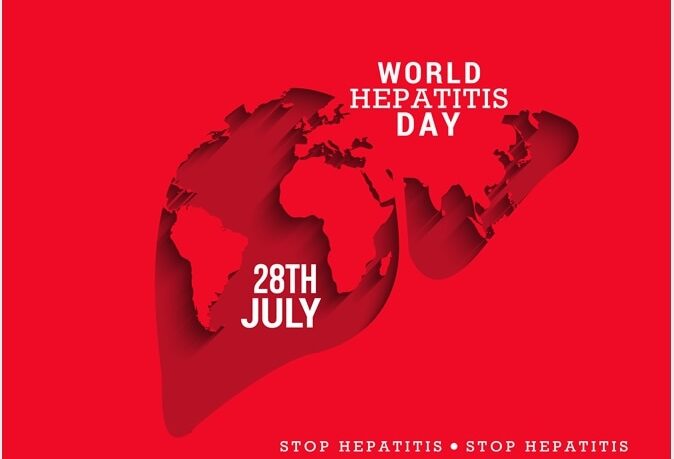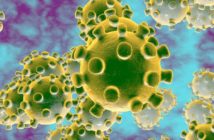The National Blood Transfusion Service (NBTS) on Tuesday pledged its support to achieve zero record of hepatitis in the country as the world marks 2020 World Hepatitis Day.
Observed on July 28 every year, World Hepatitis Day aims to raise global awareness of hepatitis — a group of infectious diseases known as Hepatitis A, B, C, D, and E — and encourage prevention, diagnosis and treatment.
The theme for 2020 World Hepatitis Day – “Hepatitis-free future” – focuses on preventing the disease which attacks the liver, one of the five main strains, among mothers and newborns.
According to the NBTS boss, the Nigeria HIV/AIDS Indicator and Impact Survey (NAIIS) of 2018 shows that no fewer than 19 million Nigerians live with hepatitis B or hepatitis C, with a significant proportion infected from unsafe blood transfusion.
He stated that “in 2019, hepatitis B and C made up nearly 85 per cent of infected blood units out of blood screened and found positive to have transfusion-transmissible infections such as HIV, hepatitis B, hepatitis C and syphilis.
“In Sub-Saharan Africa, 12.5 per cent of patients who receive blood transfusion are at risk of post-transfusion hepatitis due to unsafe blood.”
Amedu added that in spite of availability of diagnostic tools and effective treatment, less than one in 10 of the 71 million people with hepatitis B or C in Africa have access to testing and treatment, while more than 200,000 die yearly due to complications like end-stage liver cirrhosis and liver cancer.
He said “we at the National Blood Transfusion Service therefore use the opportunity of the World Hepatitis Day to call for increased awareness and concerns on this silent epidemic and find the “missing millions”.
“Identifying and treating infected individuals will ensure that those infected are connected to treatment, as a fewer number of infected persons will go on to donate blood and infect many more.”
The NBTS boss called for more advocacy aimed at increasing funding for testing, reducing the cost of hepatitis B and C diagnostics and medicines and targeted research.
Amedu advised the public to get the hepatitis B vaccine, desist from sharing needles or razor blade, practise safe sex, safe handling and disposal of sharp objects and accept blood donation only from properly counselled donors.
“NBTS will continue to support efforts to ensure safer pool of blood donors and blood products that are safe from infections such as hepatitis B and C, HIV and syphilis.”




